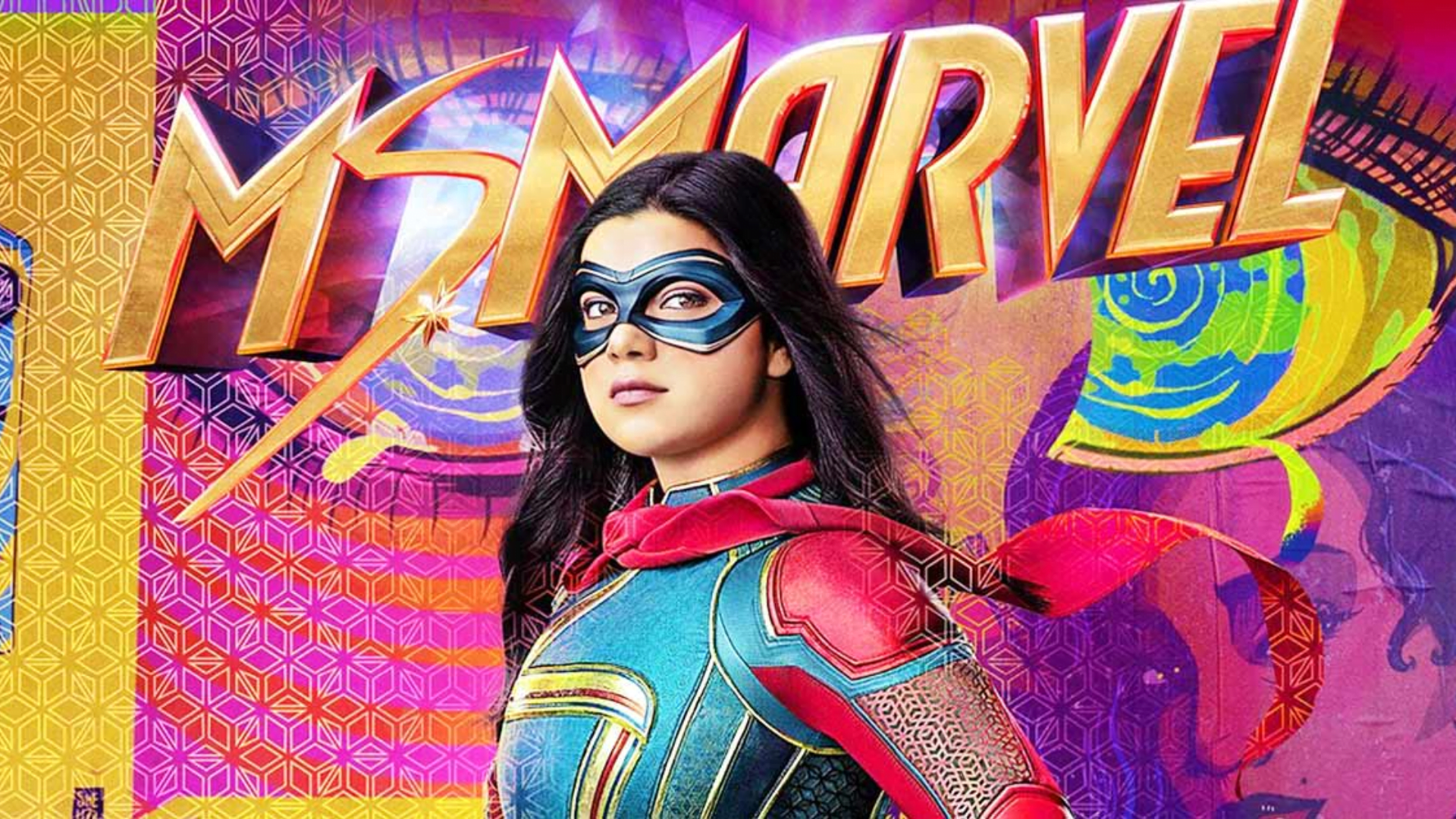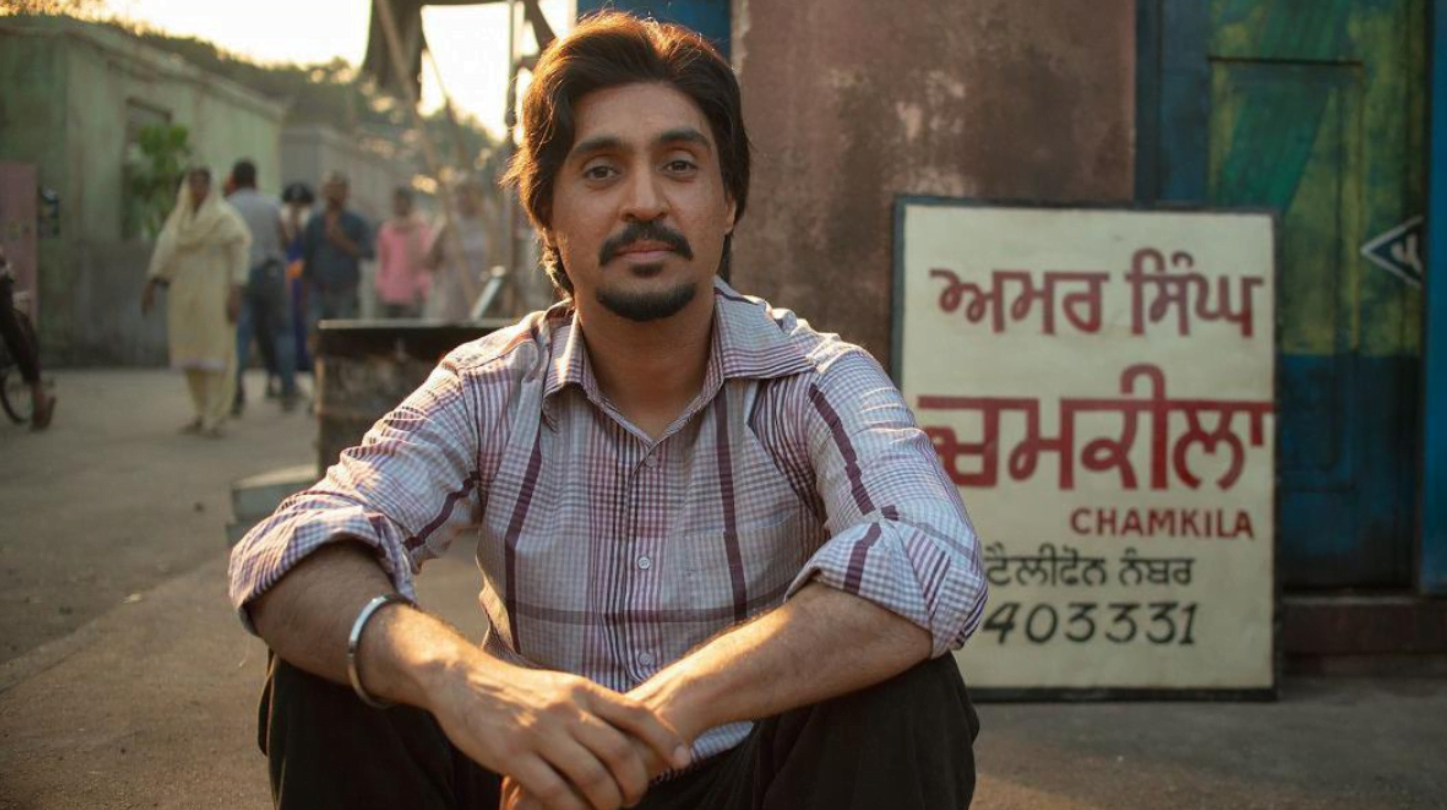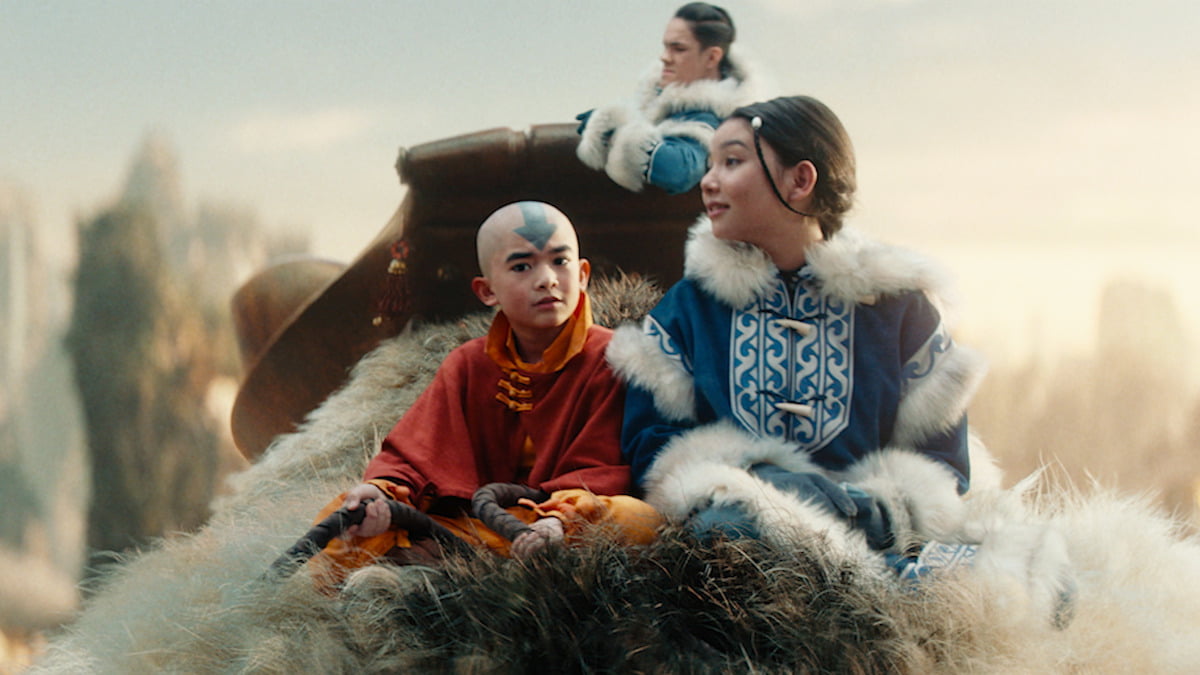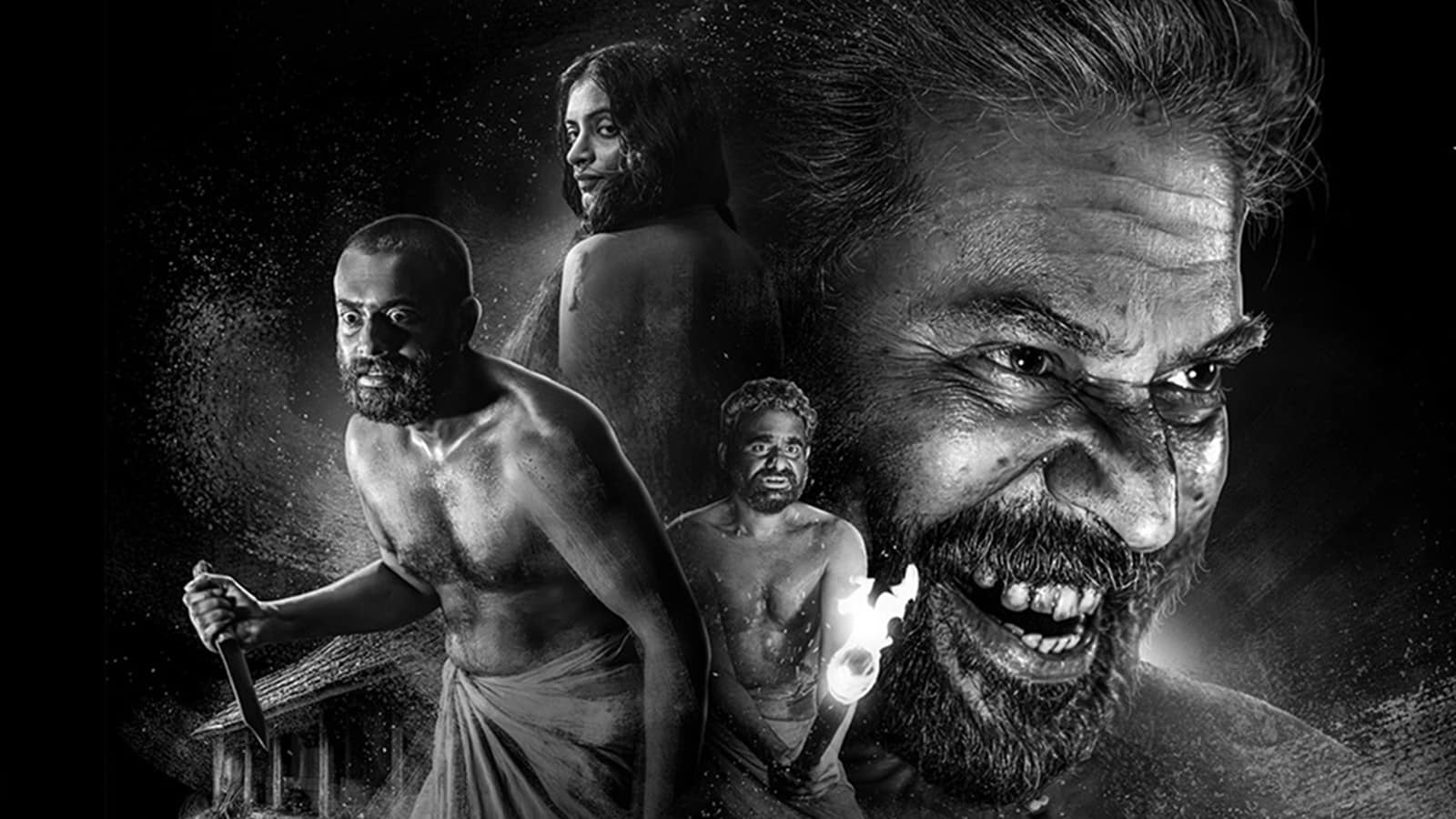When I first watched Captain Marvel, Carol Denvers (enacted by Brie Larson) instantly became my favourite superhero in the Marvel Cinematic Universe (MCU). As a huge Marvel fan, seeing the first female-led film in a franchise that was already twenty films old was no small deal. I was captivated by Denvers’ confidence, empathy and, of course, her impenetrable strength. So when Ms Marvel came out, a blend of my favourite superhero with one that looked like me, I was ready to be blown away. I didn’t realise just how big that blow was going to be.
Kamala Khan (played by the vivacious Iman Vellani), a Pakistani Muslim born in America, discovers that a bangle, a family heirloom passed on from her great-grandmother, gives her cosmic powers. For an Indian expat like me, watching Kamala live her life in America was like seeing your experiences parroted on the screen.
My smile never left my face as I watched Kamala’s dad, much like my own, enamoured over a game of cricket. It didn’t leave even when Kamala’s mom disapproved of her wearing a tight-fitted superhero costume because it felt too real to be formulaic. To see my experiences, my routine, my family in a Marvel series was endearing, to say the least — it was cathartic. What made it even better was that I was feeling this way about a character from the neighbouring country of Pakistan.
For me and perhaps for most Indians, the image of Pakistan has always been dressed by media and political propaganda under a cloak of contrast. From India v. Pakistan cricket matches being watched with the greatest passion to Bollywood movies displaying Pakistan as an enemy to Indian sovereignty (refer to Ek tha Tiger, Welcome to Karachi, Baby, Raazi) — it is hard to count the number of times people from Pakistan have been depicted as anything other than nefarious entities in Indian media. I found myself initially feeling joyous, and then amused that I had to relate with Carol Denvers, a white woman from the United States, before I could do so with Khan, an expat from a neighbouring country.
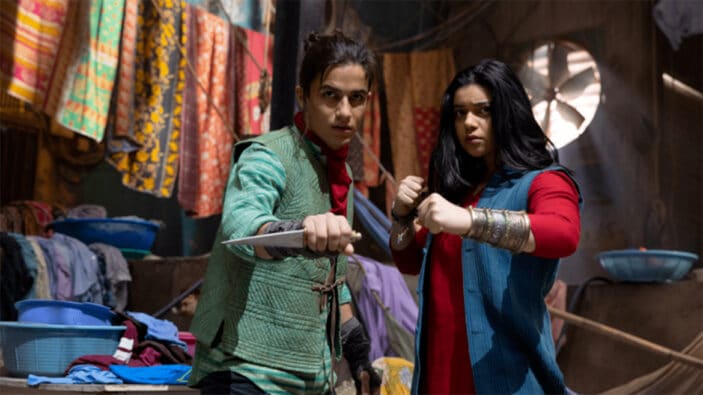
Still, it’s heartening to find that women who share Khan’s identity, also feel the sentiment that I do, of how positively and assuringly the show represents their culture. They feel relieved that the show steps away from the usual trope of representing Muslim women as oppressed, damsels in distress and instead shows them as active agents of change. One example of this is the way Nakia, Kamala’s friend, decides to run for the board of her local mosque even though she’s up against a reputed male member of the community, Uncle Rasheed.
Being no stranger to how patriarchal norms in South Asia favour the men to remain in positions of power, it was inspiring to see Nakia being depicted as someone taking charge instead of waiting for decisions to be made for her.
The other instance of shattering the glass ceiling comes from the character of Ayesha, Kamala’s great-grandmother. Ayesha, unlike other depictions of sacrificial mothers in Indian cinema, was a daring, unapologetic, almost reckless woman, going to great lengths to achieve success — both in her personal adventures as well as for the safety of her family. And finally, Kamala Khan’s character, which I find, is almost an embodiment of the qualities of most female characters in the show. She is fearless, empathetic, and passionate about being true to her roots while questioning them for good.
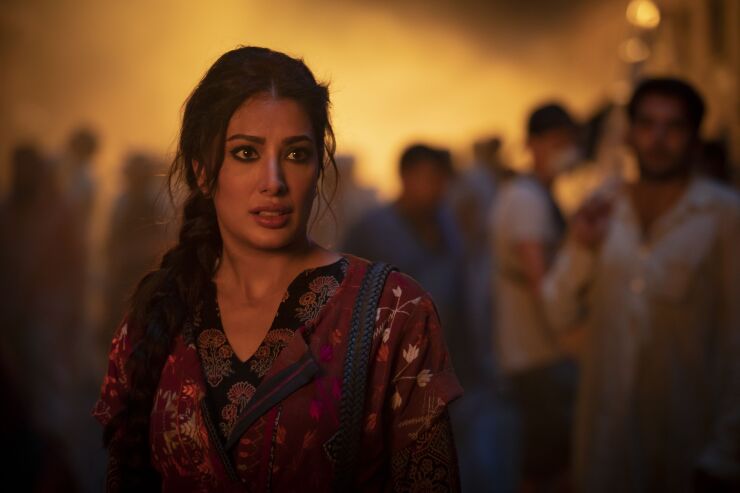
To see a show filled with so many three-dimensional Pakistani women was a remarkable experience. Indian cinema is infamous for rendering women characters as secondary plot props, as victims or as incapable of having any conversation that isn’t about a man. Ms. Marvel was packed with examples of real women that I could relate to and in whom I could identify similarities with aunts, grandmothers and friends in my own life. And the show didn’t stop there.
To see a show filled with so many three-dimensional Pakistani women was a remarkable experience. Indian cinema is infamous for rendering women characters as secondary plot props, as victims or as incapable of having any conversation that isn’t about a man. Ms.Marvel was packed with examples of real women that I could relate to and in whom I could identify similarities with aunts, grandmothers and friends in my own life. And the show didn’t stop there.
Rather than being pitted against each other, all the female characters of the show (barring the antagonist Najma) are portrayed as uplifters of each other, which is such a welcome change. Even the character of Zoe, who we initially see as the target of Kamala’s jealousy for being the popular social media star at her school, comes out in full support of Kamala and her powers in her time of need.
Also read: From Catsuits To Captains – The Evolution Of Women In ‘Superhero’ Films
It’s hard to see why a positive and, in many ways, revolutionary show faced poor audience ratings and has the lowest viewership compared to other MCU shows on Disney+. On the other hand, it’s not so hard after all.
Rather than being pitted against each other, all the female characters of the show (barring the antagonist Najma) are portrayed as uplifters of each other, which is such a welcome change. Even the character of Zoe, who we initially see as the target of Kamala’s jealousy for being the popular social media star at her school, comes out in full support of Kamala and her powers in her time of need.
In the show, when the Department of Damage Control wishes to search the mosque premises on suspicion of it harbouring “enhanced individuals”, they’re surprised to find that they don’t even have to order it — all attendees have their IDs ready for checking — a cheeky nod to the very real over-surveillance of Muslim Americans in the United States.
This fictional depiction in the series gives an insight into why the show hasn’t fared as well as expected — its protagonist is a Pakistani Muslim. As Iman Vellani, star of the show, observes — “Change is scary for a lot of people.” Her character Kamala Khan says it too. “It’s not really the brown girls from Jersey City who save the world.” And I get it. A Marvel show where a Pakistani Muslim woman saves the day in America, all the while maintaining her culture instead of erasing it to fit the mainstream? It is a lot of change.

However, for millions of South Asian women, change is comforting. It is uplifting and reassuring. I may not be walking on air like her yet, but I have a new lift in my steps. Seeing Kamala Khan wear both a scarf (resembling a dupatta) as well as her sneakers as she runs across the sky on her magical stepping stones of light; was like a fitting ode to all young brown girls, Indian or Pakistani.
Most of us are simply trying to strike the perfect balance between preserving our culture and challenging intergenerational practices that should no longer exist. The show reaffirmed my belief that women in both countries are itching to recognise our potential, to celebrate that we come from a long line of strong-willed and resolute women, just like Kamala does, to see that we, too, can meet ourselves halfway between heritage and heroism and to see that we can all be Kamala Khan and, “If we wanna save the world, we’re gonna save the world.“
Also read: A Feminist Review Of Avengers Endgame: A Soft Nod To Female Solidarity
Sanskriti is a part-time writer and full-time appreciator of the written word. Her work as an educator for the past two years in New Zealand and a stint with psychology in India give her a critical and empathetic lens that she consistently employs in her writing. These professional and academic spaces have gifted her the opportunity to celebrate her cultural and gender identity that she enjoys weaving in her writing. She loves dancing, reading fiction and pursuing all types of DIY projects. You can reach her at sanskritib.nz@gmail.com and can find her on LinkedIn.
Featured image source: Koimoi
